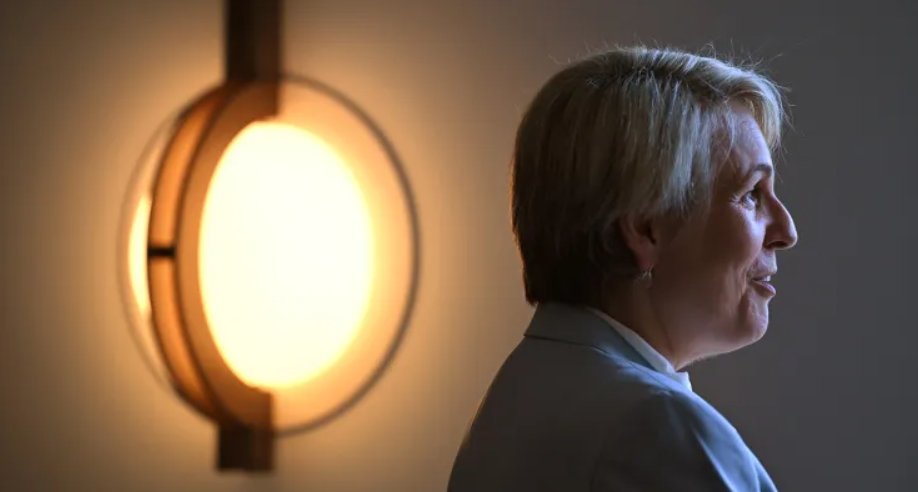
Nick Feik has provided a good overview analysis of environment policy un the Albanese Government for Crikey.
When Tanya Plibersek became environment minister under the newly elected Albanese Labor, she promised to reverse the trend of government negligence by fixing environmental laws that were almost unanimously regarded as broken, and increasing investment in nature protection.
She published the long-awaited State of the Environment report, which the Coalition had been refusing to release. It was, Plibersek said, “a story of crisis and decline in Australia’s environment, and of a decade of government inaction and wilful ignorance”.
Plibersek acknowledged that the cost of reversing this would be more than $1 billion a year (experts would double the cost of basic conservation and species protection). And yet even this spending was summarily deemed unaffordable by Plibersek — conservation spending has remained at the basement levels to which it sunk under the Coalition.
Instead, Plibersek would fix environmental laws and leverage private investment. Well, that was the rhetoric anyway. Neither has happened.
